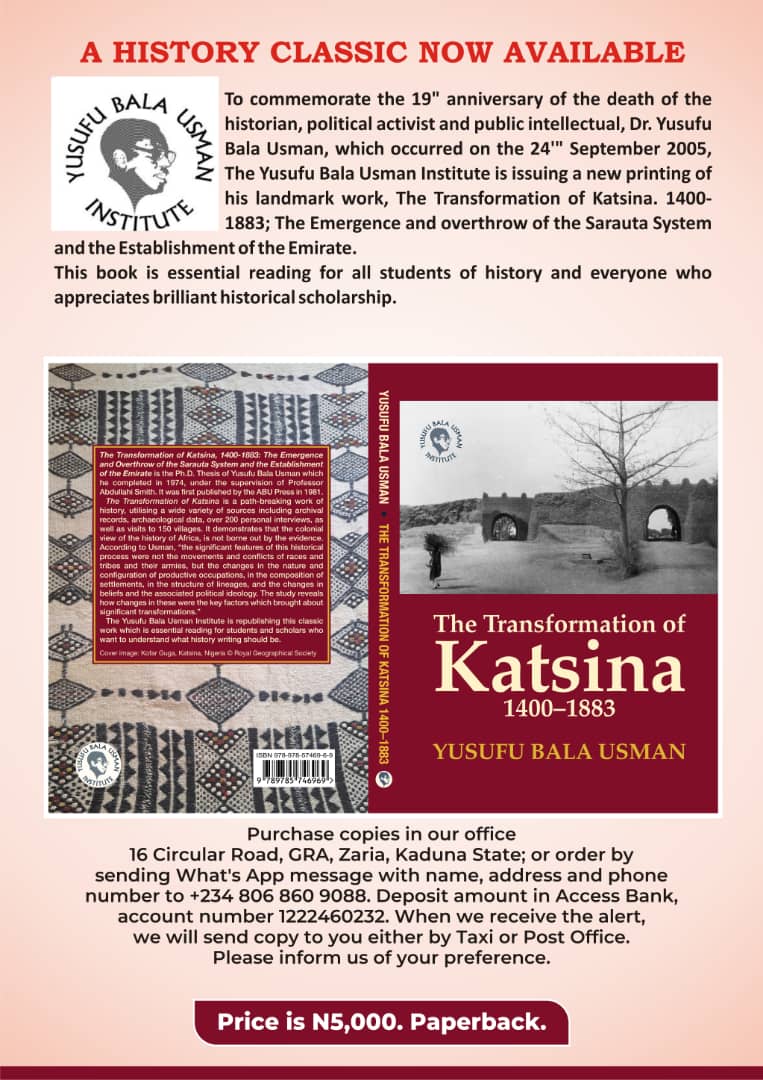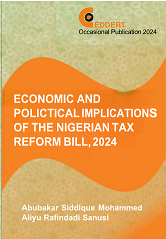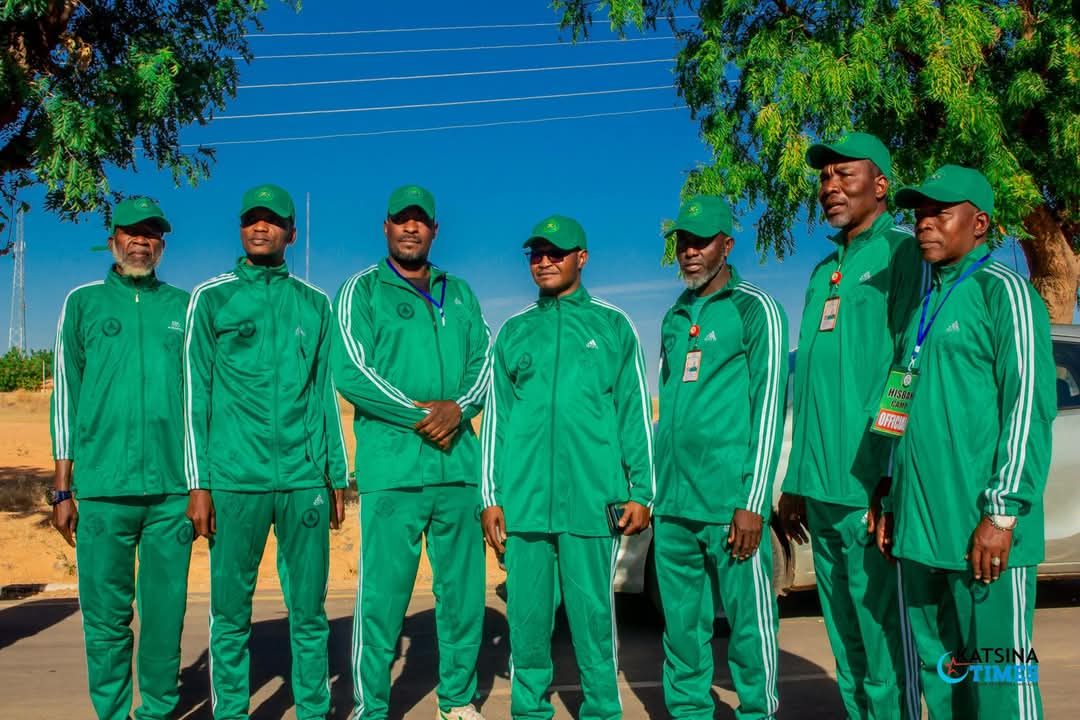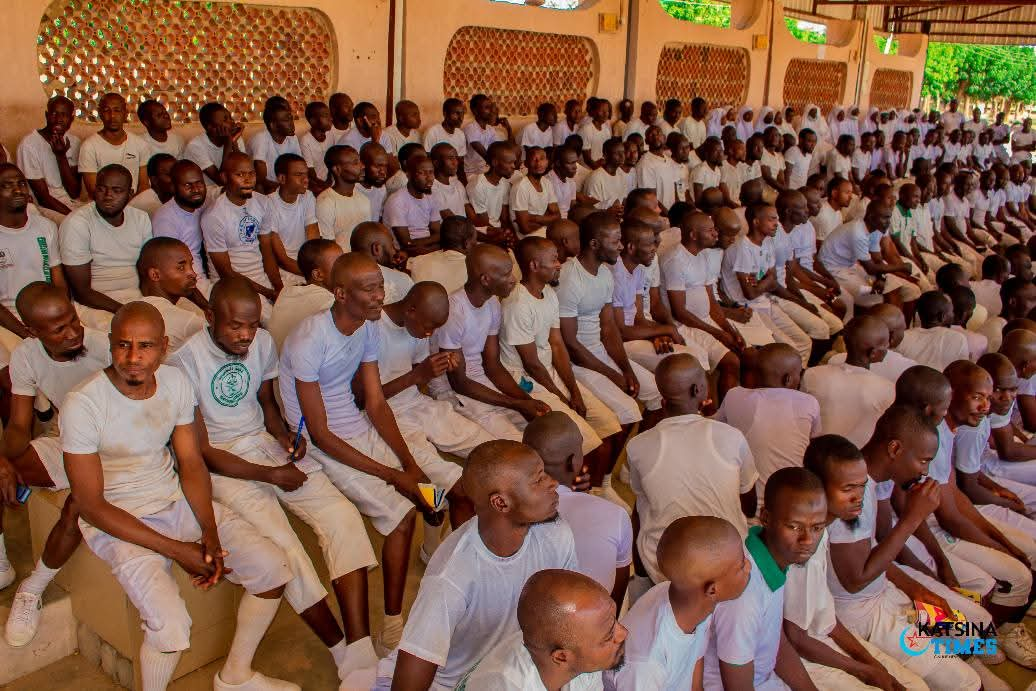NEW FUDMA GOVERNING COUNCIL HOLDS RETREAT IN JIGAWA
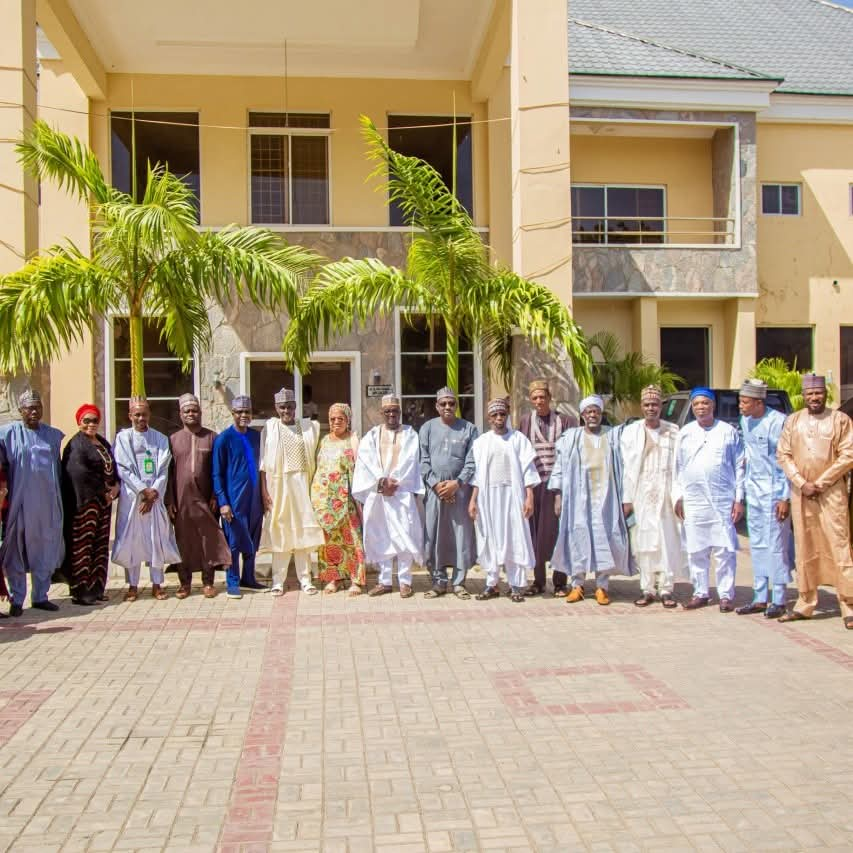
- Katsina City News
- 06 Dec, 2024
- 302
The newly constituted Governing Council of the Federal University Dutsin-Ma has held its maiden retreat in Dutse, Jigawa State.
The retreat, which took place from Monday, 2nd December to, aimed at acquainting the newly appointed members with the requisite knowledge of how best to run the University.
The Governing Council of the University was recently appointed by President Ahmed Bola Tinubu under the leadership of Col. Abdulmumini Aminu (rtd) with four other external members, namely; Prof. Abba Tijani Isa, Hon. Ibrahim Baba Chai-Chai, Barr. Osijo Olaide and Engr. Dele Olanubi. Mrs Prescilla Ijeoma Duru was named as the representative of the Federal Ministry of Education.
Speaking at the opening session of the retreat, the Pro-Chancellor and Chairman of Council, Col. Abdulmumini Aminu, said the retreat is apt and a viable tool for coming together to learn the rudiments of University administration vis-a-vis knowing each other’s responsibilities with a view to championing seamless administration at the University.
According to him, the retreat also “offers a valuable opportunity to pause from our day-to-day responsibilities and focus on the broader vision that guides our work”, saying “It is a time for honest discussions, thoughtful deliberations, and collective planning”.
Col. Aminu added that “In our fast-paced environment, such moments of reflection are crucial, for they allow us to evaluate our progress, reassess our priorities, and ensure that we are aligned in our mission to serve the people and advance our collective goals’’.
While encouraging the participants to “engage openly and thoughtfully throughout our time together. Let us be mindful of the importance of collaboration and mutual respect, knowing that the strength of our decisions lies in the diversity of ideas and perspectives that each one of us brings to the table’’, adding that “Together, we have the opportunity to not only build on the successes we’ve achieved so far, but also to address the challenges that lie ahead with renewed focus and commitment.
“This retreat is a moment to strengthen our resolve, deepen our partnerships, and reaffirm our collective dedication to the service of our communities and that we look forward to productive discussions and the positive outcomes that will arise from this gathering’’.
In his remarks, the Vice-Chancellor, Professor Armaya’u Hamisu Bichi, stated that even though his administration is rounding up, he assured to continue to uphold the tenets of good leadership and prudence.
He said his administration has promoted teamwork and operated an all inclusive administration that placed high regard on merit, competence and credibility, adding that “members of the Governing Council and Management staff should continue to strive in every facet of the University’s life to advance the frontiers of the University even after his tenure”.
The Vice Chancellor also took time to enumerate his modest achievements recorded during his tenure and urged all members and stakeholders to strive hard and re-dedicate themselves for “the challenges ahead that are enormous, but surely surmountable”.
While praying for a fruitful deliberation at the retreat, Prof. Bichi urged each and every one to “share our thoughts and opinions on every aspect of the exercise”.
The Guest Speaker at the retreat, the Immediate Past Executive Secretary of Nigerian Universities Commission (NUC), Prof. Abubakar Adamu Rasheed, in his paper, “The Role of Governing Councils in Transforming the Fortunes and Future of Federal Universities in Nigeria”, stressed the need for harmonious working relationship between the Council and Management in the overall best interest of the University system.
Prof. Rasheed listed several other organs of government like NELFUND, NUC, JAMB, and other organs of the Federal Ministry of Education, to which the Council and Management must relate with and collaborate, to ensure that the University remains a credible tertiary institution rooted in the best tradition of University culture.
He said in accordance with the laws establishing our Universities, the Council is the governing authority of the University and is charged with the general control and superintendence of the policy, finances and property of the University.
“The Council is also charged with the responsibility of approving the University annual budget, supervising staff recruitment and promotion, approving new academic programmes on the recommendation of Senate, awarding honorary degrees and other distinctions in consultation with Senate, and ensuring that the University functions fully in accordance with its goals and objectives.
“The idea of convening this Retreat, therefore, is very commendable giving its potential to serve as an avenue for appraising the past, analysing present opportunities and threats, providing directions for the future, and generally developing fundamental decisions and actions that are necessary in effectively pursuing the core mandates of the Council and the University”.
According to him, the future of FUDMA depends largely on the willingness of the participants of the retreat to provide visionary and purposeful leadership to the University, anchored on quality planning, strategic thinking, sound policy formulation, and efficient oversight of the University’s resources, including its financial, intellectual and reputational capitals.
“It is important that the Retreat is taking place at a time when the multifaceted tertiary education landscape of our country is fast-changing, a time when knowledge is fast becoming the main driver of economic growth and development’’, he added.
The second paper presenter, Mr. Immanuelson Sam, who spoke on the topic, “Leadership Redefined: Inspiring Excellence and Change”, said redefining leadership involves fostering a culture of excellence and change, starting with personal growth and extending to organizational impact.
Leadership today, he said, is not defined solely by authority or decision-making; it is about influence, vision, and the ability to inspire transformation, saying “In an age of rapid change, leaders must evolve from managers to mentors and from authority figures to facilitators of excellence.
“Leadership redefined is a call to action—a mandate to move away from the status quo and embrace innovation, collaboration and excellence. Let us rise to this challenge and build institutions that are not only centres of learning, but also beacons of hope and progress for the next generation”, he said.
The third Speaker, Prof. Nasir Tukur Dabo, spoke on the topic, “Charting the Path to Impactful Leadership: Guiding Leaders to make Meaningful, Lasting Changes”. He said impactful leadership is critical for institutions of higher education, to navigate complex environments, manage diverse stakeholders and drive innovation and change.
According to him, impactful leadership is essential for driving positive change, achieving strategic goals and fostering a culture of excellence, noting that “Impactful leadership is about making a positive difference in the lives of others. It is essential for driving positive change, achieving strategic goals, and fostering a culture of excellence in institutions of higher education”.
Prof. Dabo stressed that by using the impactful leadership framework, “we can clarify our purpose and vision, build trust and credibility, drive innovation and change, and foster a culture of inclusivity”.
In his presentation, “Symbiotic Relationship between the Council, the Other Organs of Governance and the Management in Achieving the University’s Vision and Mission”, the pioneer Registrar of Federal University Dutsin-Ma, Muhammadu Yusuf Abubakar, said to effectively run a University, it is required that the leaders of the University must adhere strictly to the provisions of the law and regulations of the University.
He said it should be noted that the Council is responsible for the good, the bad and the ugly of University’s activities, saying “almost, if not all, law suits against the University sue the Council and join others, specifically the Vice-Chancellor and the Registrar, as such the leaders should ensure fairness, accountability and open door policy”.
In another discourse, Muhammad Dahiru Nasiru from Nasarawa State University Keffi, who made his presentation on the topic: “The Relevance of Policies, Rules and Regulations in Administering Day to Day Activities of a University”, said the University’s policies, rules and regulations derived from the establishment act, shall require a regular review and update after five years.
He said, “It should also be clearly communicated to stakeholders with training and awareness on these policies to be provided and aggressive monitoring and evaluation to ensure their effective implementation and appraisal”.

